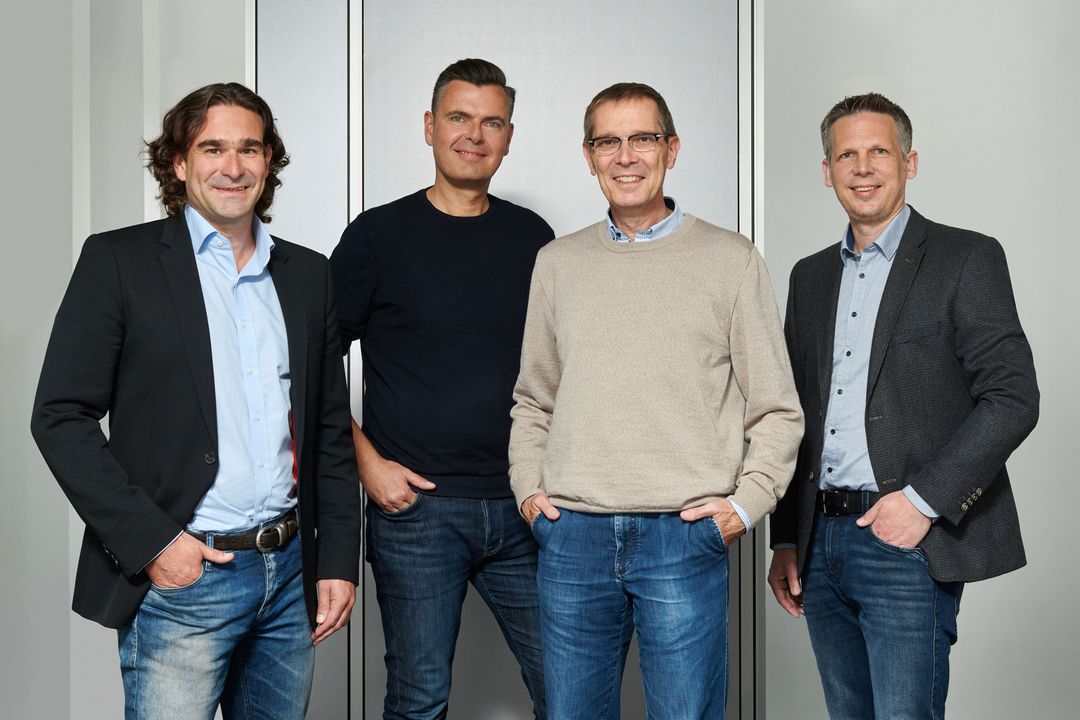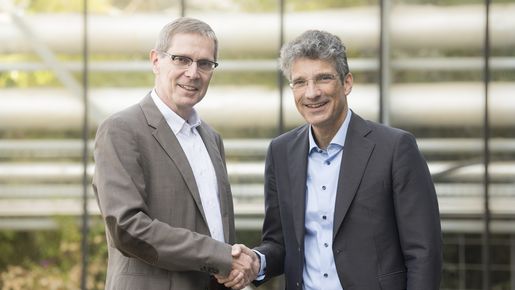“The DFKI Niedersachsen is growing up”, says the current site spokesperson, Professor Dr Joachim Hertzberg, happily. In addition to decentralised self-administration, for example in filling positions, as well as new administrative procedures, the decision of the supervisory board means above all "that the state of Lower Saxony and the federal government are giving us long-term financial security. This gives us a kind of quality seal with which we will be able to approach partners in science and industry even more strongly and cooperate with them."
Looking back on the development of the DFKI in Lower Saxony, the scientific foundations had already been laid in 2011. At that time, a new branch of the DFKI Robotics Innovation Centre Bremen was established at the University of Osnabrück under the direction of Hertzberg. At that time, he was head of the Knowledge-Based Systems workgroup, in which his team had already been researching the topic of "plan-based robot control" for several years. This topic was the inspiration for the name of the new DFKI research department.
The next big step came in 2019, when the state of Lower Saxony established two further research departments in Lower Saxony, "Smart Enterprise Engineering" headed by Professor Dr Oliver Thomas in Osnabrück and "Marine Perception" headed by Professor Dr Oliver Zielinski in Oldenburg, and launched the DFKI Laboratory Niedersachsen at the Hanover Fair. In November 2020, the lab grew further: Professor Dr. Daniel Sonntag brought his expertise to the North with the research department "Interactive Machine Learning".
From the beginning, the laboratory has experienced strong growth. Already in the first year, the expectations regarding the targeted order volume were exceeded. In the following years 2020 and 2021, the scientists in Osnabrück and Oldenburg worked through a full list of commercial, scientific, and strategic evaluation criteria.
"We have reached our targets, and in some places even exceeded them," Hertzberg sums up. In addition to reaching countable criteria such as funds raised, staff hired, publications published and prizes and awards received, Hertzberg emphasises that the laboratory is above all proud of having "increased the quality of scientific excellence".
The permanent perspective is intended to further increase the attractiveness of the location and its charisma in terms of the state strategy "AI made in Lower Saxony".
As of the evaluation date, which was 31 December 2021, more than one hundred employees were working at the DFKI Laboratory Lower Saxony, and the number is rising. All four research departments were able to establish and expand networks in the regional and national business and research landscape with a strong footprint in the region.
In addition to basic AI research, scientists in Lower Saxony are driving digitisation forward in a variety of application-oriented areas. These currently include agricultural technology and the agri-food-chain, marine technology, medical and health, digital education, SMEs as well as environment and sustainability. Lower Saxony's application profile is strengthened by the two competence centres AI for Environment and Sustainability (DFKI4planet) and Smart Agriculture Technologies (SaAT).
Contact:
DFKI-Lab Niedersachsen
Osnabrück:
Plan-Based Robot Control (PBR)
Prof. Dr. Joachim Hertzberg
Joachim.Hertzberg@dfki.de
Smart Enterprise Engineering (SEE)
Prof. Dr. Oliver Thomas
Oliver.Thomas@dfki.de
Oldenburg:
Interactive Machine Learning (IML)
Prof. Dr. Daniel Sonntag
Daniel.Sonntag@dfki.de
Marine Perception (MAP)
Prof. Dr. Oliver Zielinski
Oliver.Zielinski@dfki.de


